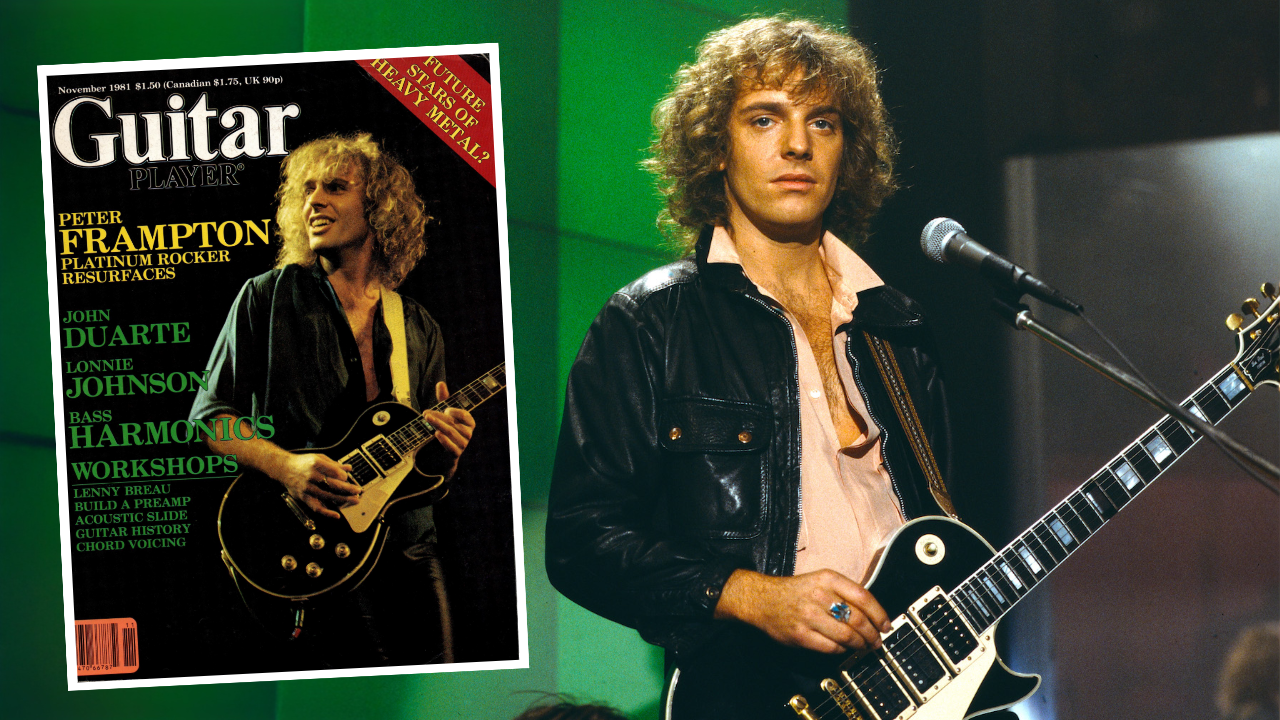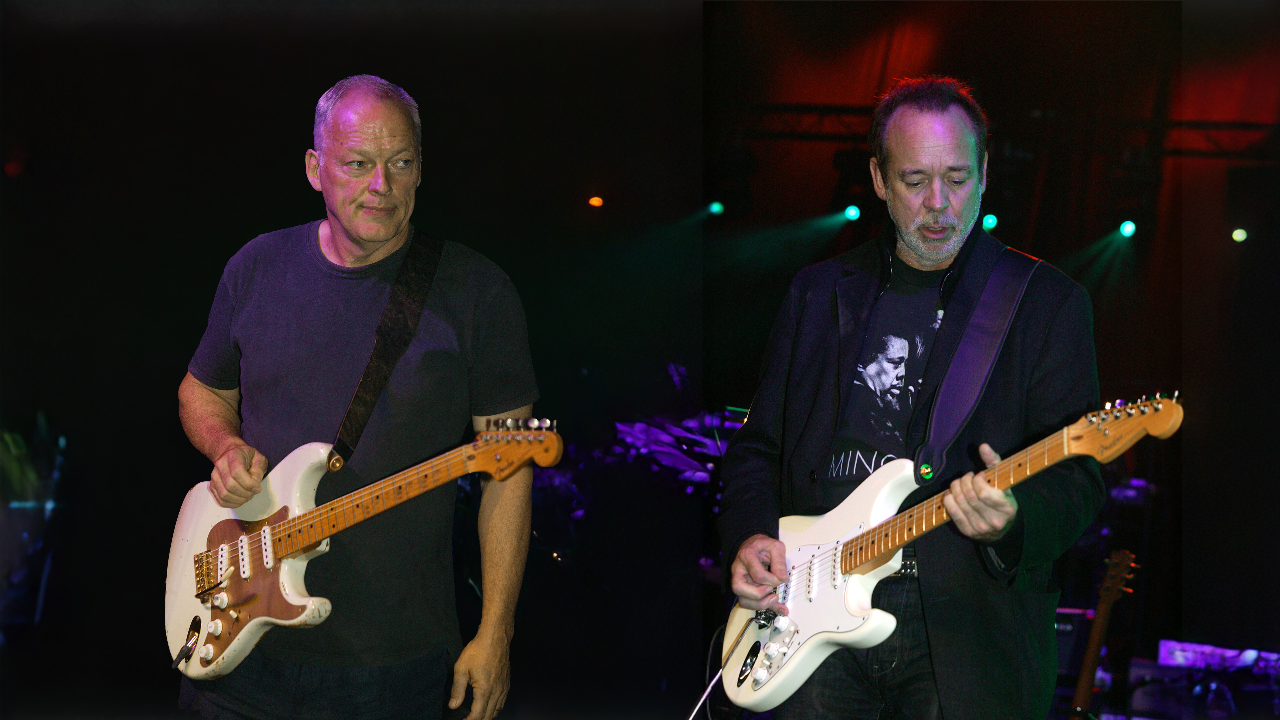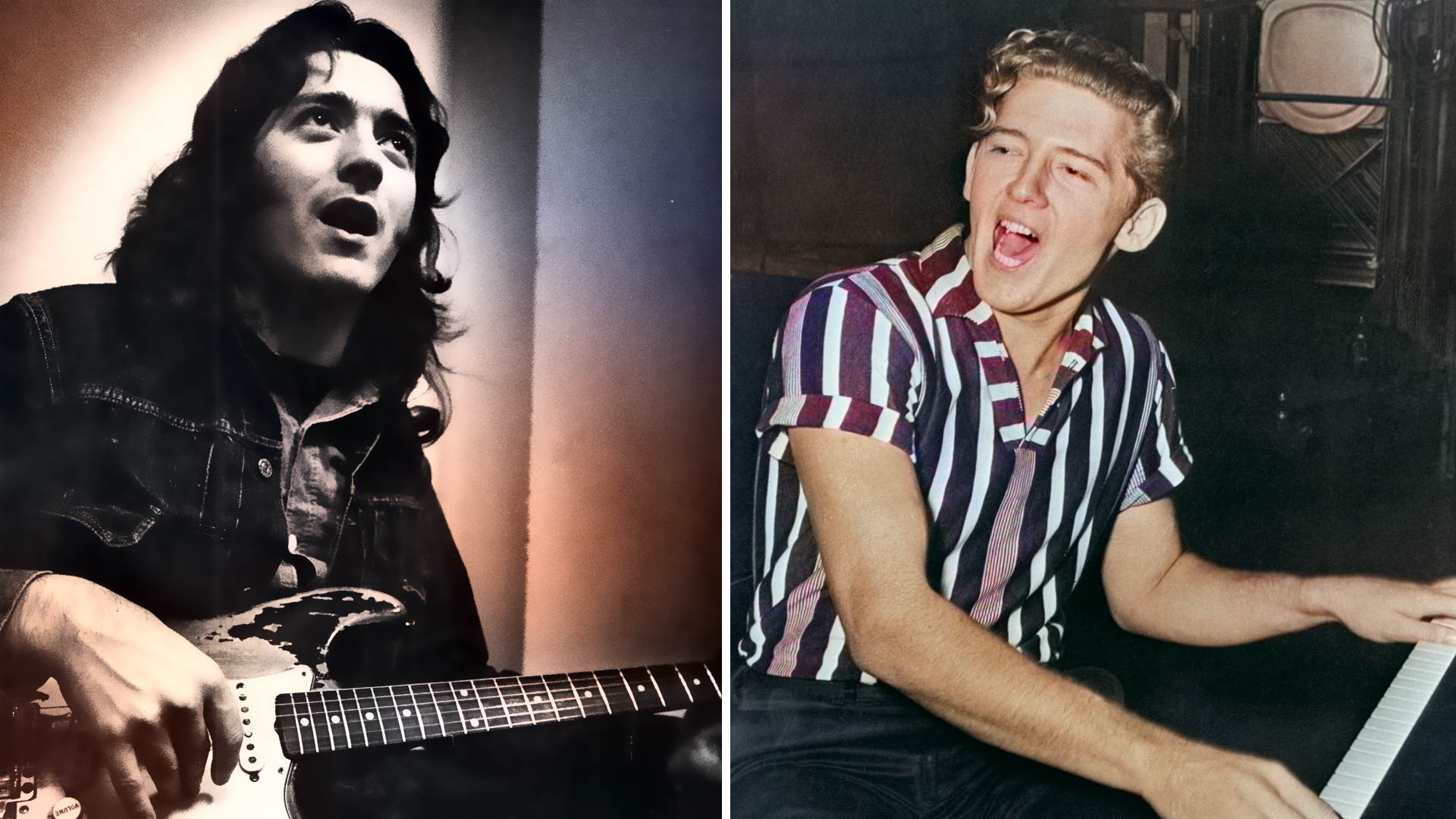Watch Dick Dale Wipe Out the Audience with His Surf Rock Masterpiece “Miserlou”
See the King of Surf Guitar's incredible technique up close in this genre-defining performance.
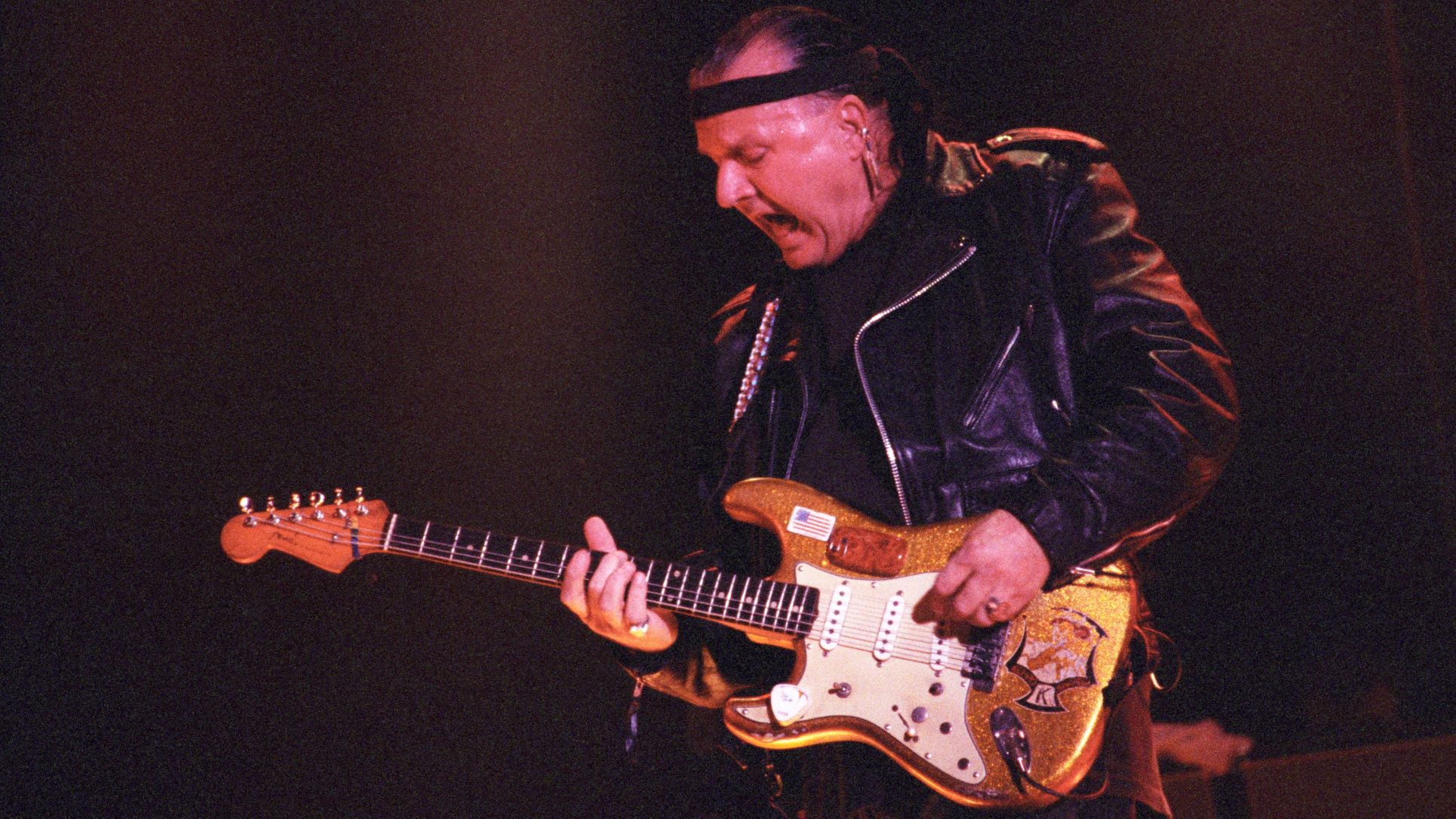
Richard Anthony Monsour aka Dick Dale (1937-2019) caught a second wave of fans in the ‘90s when his surf rock masterpiece “Miserlou” featured in the opening credits of Quentin Tarantino’s Pulp Fiction.
An endless source of inspiration for decades down the line, the electric guitar phenomenon of surf rock peaked in the pre-British Invasion years of the early '60s, during which time Californian solidbody market leaders Fender worked closely with some of the genre’s biggest stars, including Dick Dale.
Dale’s legacy lives on in the Dick Dale & His Del-Tones back catalog and later solo work, but his impact on the sound of the electric guitar cannot be overstated. Adopting the Fender Reverb unit early on, Dale helped establish the ‘drip’ sound of a wet reverb tank as a surf rock tone staple. Working closely with Leo Fender he was also instrumental in the development of the powerful Showman amps.
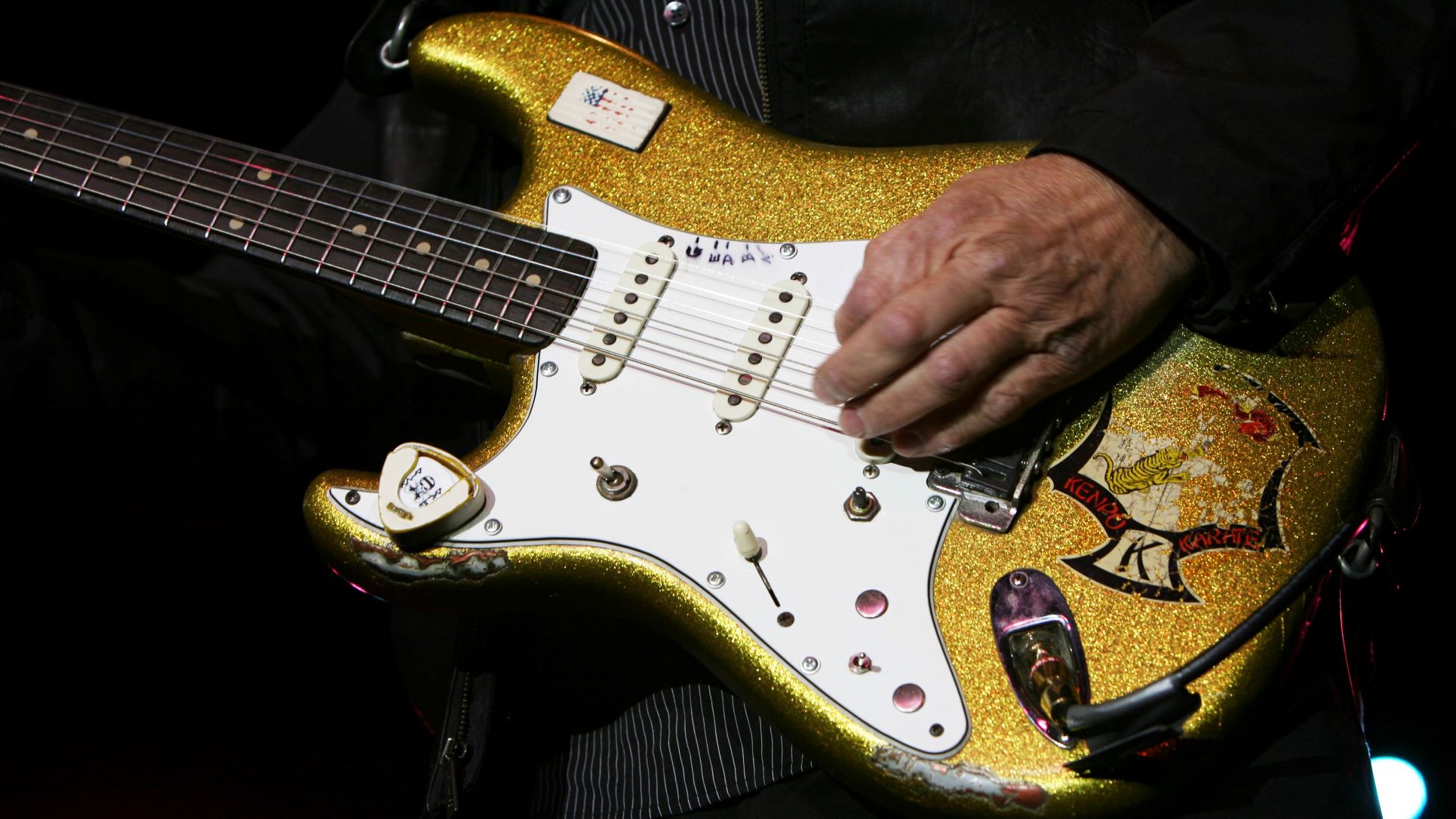
A true pioneer of the electric guitar, Dale helped popularize the Stratocaster – his gold sparkle finish “Beast” catching the eyes of generations of players. Though this (in)famous Strat is a lefty model, Dale strung it in reverse using extremely heavy gauge strings, as follows: .016, .018, .020, .039, .049, and .060.
Along with a heavy plectrum and plenty of volume Dale’s powerful tremolo picking technique created a muscular twang that has seen him dubbed the “Father of Heavy Metal.”
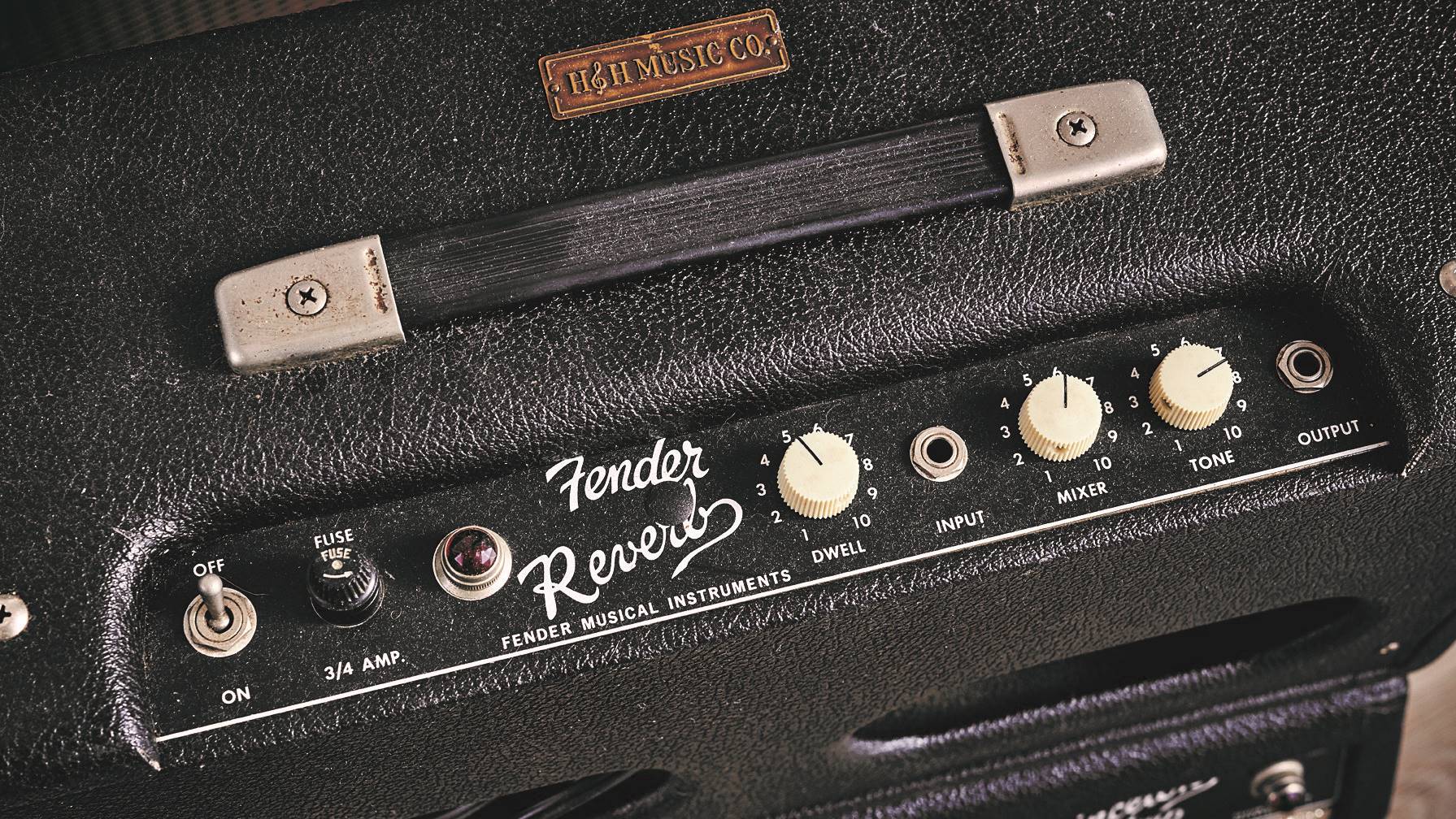
In his early days as a performer, Dale was inspired by country star Hank Williams while his Lebanese heritage also drew him towards non-western scales. Best known for his 1962 hit “Miserlou” – a traditional folk song of indeterminate origin – Dale’s love for exotic phrasing saw him make great use of the double harmonic scale (E, F, G#, A, B, C, D#).
Click here to browse Dick Dale's catalog.
Get The Pick Newsletter
All the latest guitar news, interviews, lessons, reviews, deals and more, direct to your inbox!
Rod Brakes is a music journalist with an expertise in guitars. Having spent many years at the coalface as a guitar dealer and tech, Rod's more recent work as a writer covering artists, industry pros and gear includes contributions for leading publications and websites such as Guitarist, Total Guitar, Guitar World, Guitar Player and MusicRadar in addition to specialist music books, blogs and social media. He is also a lifelong musician.


